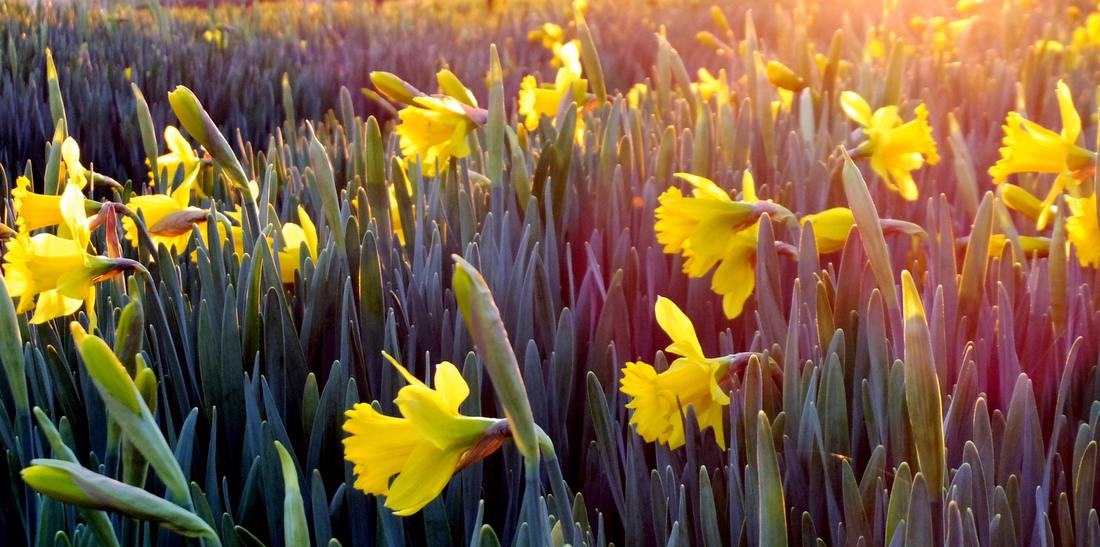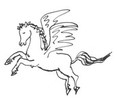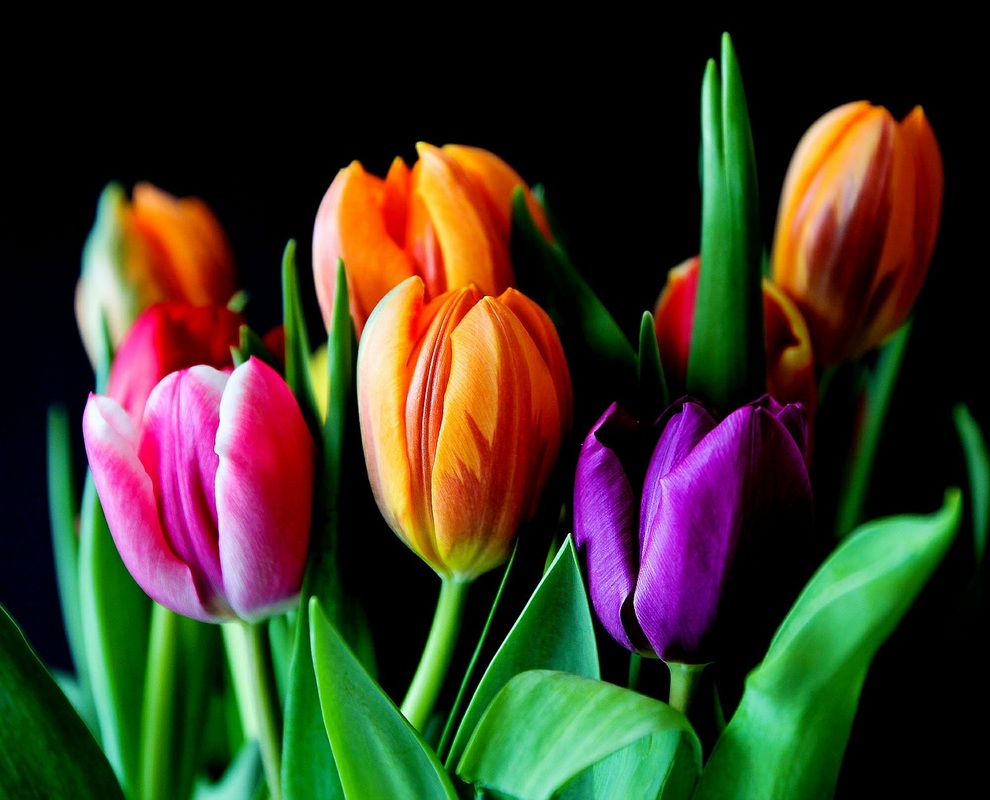|
Easter is the celebration of the triumph of Life over death, the triumph of Love over hate, the triumph of Truth over the lie. There are many ways to celebrate this event, and I find four ways fresh and doable. The first is to take time to honor the daffodil, the traditional Easter flower where I live. Easter we are honoring God in the most special way, and we are talking about the creator of the universe, being expressed in countless forms and ideas, from billions of solar systems and galaxies, planets, suns and stars to whales, d-minor, chocolate, and daffodils. And in the Psalms we read: "He counts the stars and calls them all by name." (Psalm 147: 4) --- and if divine Mind, the consciousness of Life, knows the name of each star, it will certainly know about all the infinite minutiae of creation, too, including whales and daffodils. Second, it might broaden your horizon to know that not only the Bible talks about Jesus Christ, but also Roman historiography. Flavius Josephus, a Roman historian singles out his healing power and writes about the Easter event: "About this time there lived Jesus, a wise man, if indeed one ought to call him a man. For he was one who performed surprising deeds and was a teacher of such people as accept the truth gladly. He won over many Jews and many of the Greeks. He was the Christ. And when, upon the accusation of the principal men among us, Pilate had condemned him to a cross, those who had first come to love him did not cease. He appeared to them spending a third day restored to life, for the prophets of God had foretold these things and a thousand other marvels about him. And the tribe of the Christians, so called after him, has still to this day not disappeared." (Testimonium Flavianum. Book 18. Chapter 3.3) Yes, third, this "tribe of the Christians" has not disappeared, and this tribe is linking his/her own experience to the Christ. Lois Carlson wrote in her article "Easter Day, every Day" something about our lives being linked to Easter and uplifted through the Easter spirit, that has stayed with me. I printed out the article into my notebook and have been enriched by it ever since. Here are her words: "Following Jesus' example, we don't need to ruminate over bad things that have happened to us. We don't even have to speculate on other adversities that might happen in the future. Instead, the Christ—described in Science and Health as "the true idea voicing good, the divine message from God to men speaking to the human consciousness" (p. 332)—is telling us that this is the moment to live in the freedom of God's all-encompassing love. This is the moment to honor the good of life as the precious evidence of God's presence and power. This is the moment to walk away from the misery of mortality and live in the joy of our relationship with our Father-Mother, God. What this divine heritage means is that we can stop living in fear. There is no obligation to feel harried, to live pressured lives. Similarly, there is no blanket of boredom cast over empty days. Each and every day the Christ is present in our thought to silence speculation about the worst possibilities—to resurrect thought through fresh ideas and solutions." (For the whole article by Lois Carlson click here). And fourth, adding to this is the encounter with the sound of resurrection. There is the most profound wisdom and truth in the music by Johann Sebastian Bach. I recommend this Easter the Chaconne by Bach (it is the final part of the second partita for solo violin). I don't do this because Bach is a German composer, I am doing it because his music is universal. Bach regarded himself to be a "cosmologist of music", or, as Dr. Bernard Chazelle said, as a "discoverer of music". Bernard Chazelle, a professor of Computer Science at Princeton university, writes: "...Bach saw himself like Newton, not as the maker of a craft, but as a discoverer of the laws of the musical universe, of aesthetics. And so, for him, it was a way, you know, every piece he wrote, Bach, he signed as SDG, Soli Deo Gloria. You know, to the glory of God, alone. That's what it means. To the glory of God alone. The key word is alone. Because it's not to the glory of God and me, the composer. It's to the glory of God and nobody else. Because the whole point was that he was out to glorify God by showing — by discovering the relation between nature and God. That was his only goal." Bach composed the Chaconne in 1720 after he had returned from a long trip to earn money and learned upon his return that his wife had died and already been buried. Bach had lost his parents before he was ten, and in the course of his married life ten children died. So there is this personal experience of grief and loss and this profound understanding of the whole picture. In Bach you encounter a man who turns constantly away from mortality to something so enormous, grand, and glorious that it mightily outweighs any mortal sense of life while speaking to humanity with mercy and compassion. Bach truly discovered something deep and hidden in the Science of being in his own way and communicates this discovery in music - a universe of its own. You can read the whole inspiring and fascinating exchange of ideas between Dr. Bernhard Chazelle and Krista Tippett from "On Being" here. These new thoughts about Bach will be meaningful and of a resurrecting quality to you, and only then, if you make the experience of listening to his music. So please give Gidon Kremer your attention as he is playing Bach's Chaconne - it is only 14 minutes long - "on a single staff, for a small instrument, a whole world of the deepest thoughts"... as another composer, Johannes Brahms, wrote. Divine Love is present in everything good you see and feel, and as Lois Carlson, wrote: "This is the moment to honor the good of life as the precious evidence of God's presence and power." Comments are closed.
|
Who is writing?
In my work as Christian Science practitioner and writer I draw on listening to God and listening to people. Categories
All
My Archive
October 2023
|




